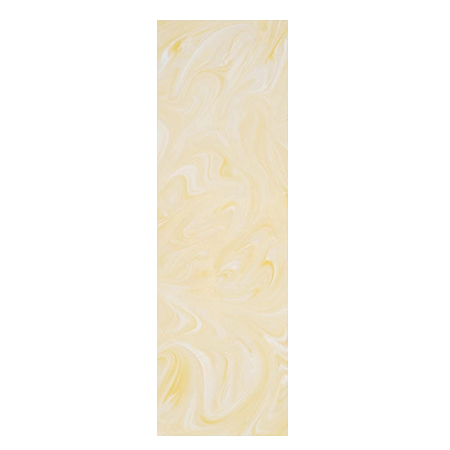
Artificial Translucent Stone, also known as engineered or composite stone, is a man-made material used in various architectural and decorative applications. Its durability and resistance to damage depend on the quality of the manufacturing process and the materials used. Generally, well-made Artificial Translucent Stone can be highly durable and long-lasting.
The durability of Artificial Translucent Stone is influenced by factors such as the quality and type of resins, binders, and aggregates used in its composition. High-quality materials and precise manufacturing techniques can result in a stronger and more resilient material.
Artificial Translucent Stone is known for its resistance to moisture, staining, and scratches, making it suitable for applications in wet areas like bathrooms and kitchens. It is also non-porous, which helps prevent the growth of mold and bacteria, enhancing its longevity and hygiene.
However, like any material, artificial translucent stone is not entirely immune to damage. Harsh impacts or excessive force can lead to chipping or cracking. Extreme temperatures and exposure to UV radiation may cause fading or discoloration over time.

Proper installation and maintenance are crucial for preserving the integrity of artificial translucent stone. Following manufacturer guidelines for installation, avoiding abrasive cleaning agents, and regular cleaning can extend its lifespan.
In conclusion, well-made artificial translucent stone can be a durable and long-lasting material. Its resistance to moisture, stains, and scratches makes it suitable for various applications. However, its durability can vary based on manufacturing quality, installation, and maintenance practices. When properly cared for, artificial translucent stone can remain an attractive and functional addition to architectural and decorative projects.